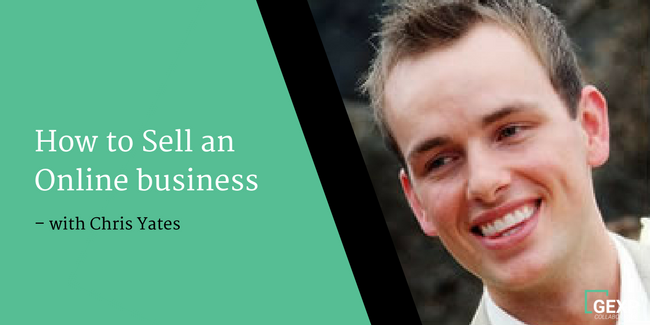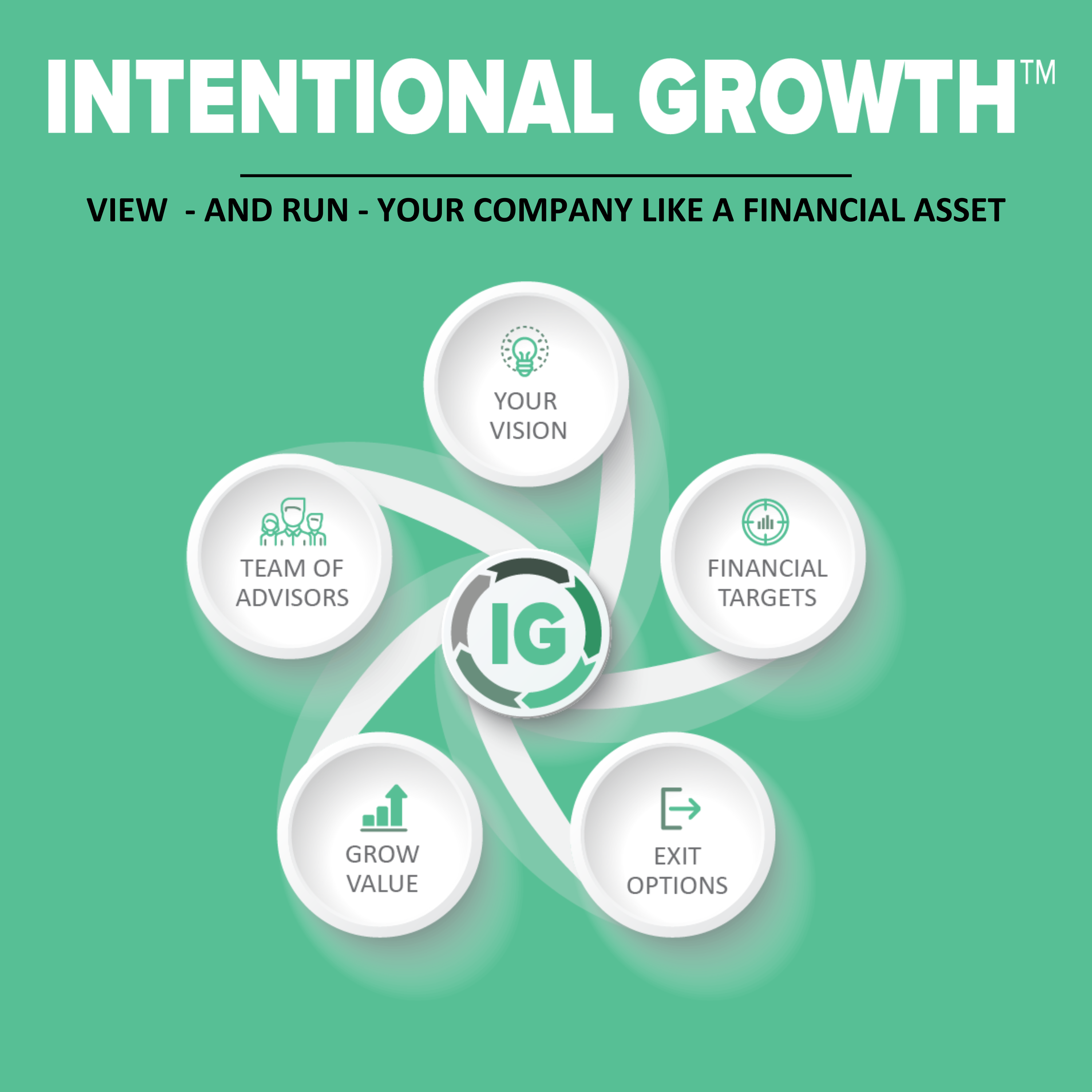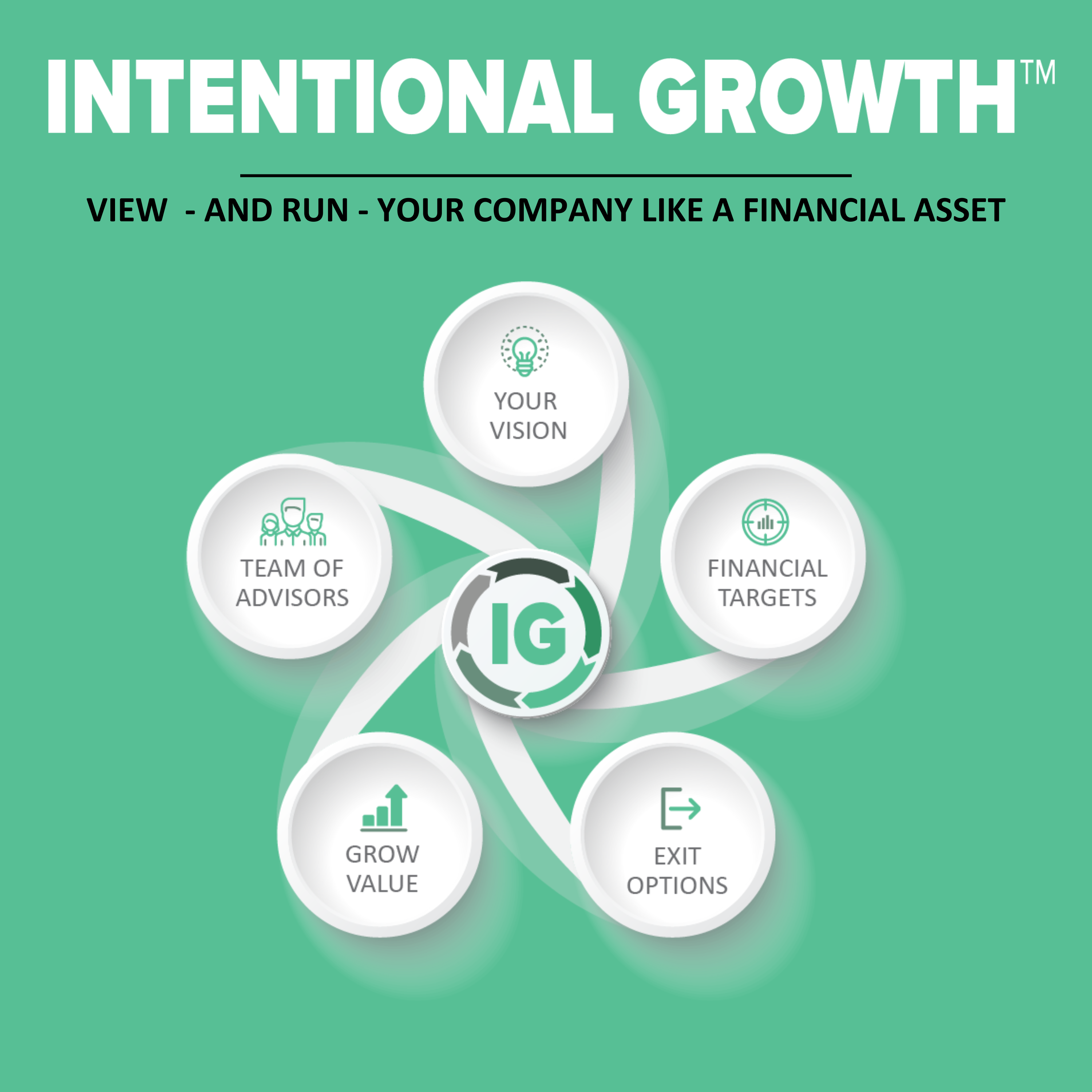We have an interesting character on this week’s interview on Life After Business… there are not many pro baseball players who also happen to be experts in private equity! Bobby Kingsbury is now part of the a different type of team when he joined MCM Capital. He managed to land the gig when giving hitting lessons to the son of Mark E. Mansour, co-founder of the original fund.
Having been a pro for the Pittsburgh Pirates for six years and having competed in the 2004 Olympics, it must have have been a bit of a shock to the system. Thankfully for us he went on to develop a brilliant insight into one of the most important aspects of the exit planning process, private equity.
It is basically a liquidation option for a private business owner. A Private Equity Group is a pool of money, managed by a team of professionals. Their goal is to grow that pool of money for the owners of the fund and the way they do it is by buying companies, making them healthier, stronger, and better and then eventually selling them again anywhere between 3-8 years out. It’s a way to diversify a portfolio by selling all or a portion of the business to a private equity fund.
Bobby’s firm (MCM Capital) has eight professionals divided into deal teams. The main division of responsibility lies between transactions and raising equity. A firm will rely on limited partners, i.e. endowments, universities, pension funds etc. It is basically the job of the firm to make investment decisions on their behalf in the same way as a fund might invest in stocks & shares. The difference here is that a private equity firm is in the business of buying up companies.
A private equity firm needs to have a good eye for corporate management. Although they clearly need to seek out the right deals and understand the numbers, the ultimate success or failure of their investments will depend on how effectively they operate after the investment. This doesn’t mean that a private equity firm has to be hands-on day-to-day (in fact it is Bobby’s preference to keep that kind of involvement to a minimum) but it absolutely does mean that a private equity firm must build strong relationships with the businesses they invest in, right from the very beginning of negotiations. Even in the event of a total buyout where the whole executive team sell up and disappear into the sunset, if a private equity firm hasn’t built the right relationships, it will likely end in disaster.
Typically four or five years to deploy capital. Funds will generally be spread across approximately ten businesses, each occupying a roughly equal percentage of investment. Pretty much all private equity investment is leveraged in some way, with Bobby’s firm preferring to invest in businesses using 50% equity and 50% bank financing. Many private equity firms prefer to use more leverage, typically putting up 30-35% equity and borrowing the rest. This increases the potential return/IRR but of course comes with a higher risk attached.
Multiples of EBITDA. As a rule a smaller business will be afforded a smaller multiple than a larger business, and certain industries like aerospace, defence and life science will command higher multiples.
How much business does MCM Capital do over the course of a year?
Of the hundreds of businesses they come to hear about, there will be 200+ that fit enough criteria to require further investigation. This will be whittled down to 10-20 serious prospects. About half of those will get to the stage of a letter of intent, and then ultimately one or two deals will go through.
These stats come out to a minimal amount of transactions because so many business are not ready for sale.
Beyond the obvious disagreements on valuation, the ‘cold feet’ of owners is a common factor in a failed deal. When an owner realises that they have no life plan afterwards they often prefer to play safe and carry on with their day-to-day work.
Get to know your private equity firm properly. Speak to previous CEOs they’ve worked with… were they fired? Any reputable firm will be willing to give up the details of their previous clients.
“Don’t time the market. Exit the business when you’re ready.”
“Historical numbers are historical,. We’re not buying the past, we’re buying the future.”
“The business is the meat and potatoes. We are the salt and the pepper.”
Mr. Kingsbury joined MCM in February 2008. His responsibilities include the execution of investment transactions and management of portfolio companies. Mr. Kingsbury is also responsible for the sourcing of investment opportunities, leading the partnership’s e-marketing strategy, web-site design and managing and developing Limited Partner relationships.
Prior to joining MCM, Mr. Kingsbury was drafted by the Pittsburgh Pirates in the 8th round of the 2002 Major League Baseball Draft. He spent six years playing professional baseball as an outfielder in the Pirates organization, participated in the 2004 Summer Olympic Games in Athens, Greece, and was a 2008 inductee into the Fordham University Athletic Hall of Fame.
Mr. Kingsbury graduated from Fordham University with a Bachelor of Science degree in Finance.
Email: [email protected]

Chris Yates owned and operated a digital marketing agency, chained to his desk day after day managing employees and client demands. After a call...

In this episode, Jonathan, an entrepreneur and author of "The Least Likely Millionaire," shares his journey of overcoming adversity and achieving remarkable success. He...

Ep.#2 [THEME NINE] Are you thinking like an owner or an operator? Many entrepreneurs—even billionaires—can find it difficult to wear the "ownership" hat due...